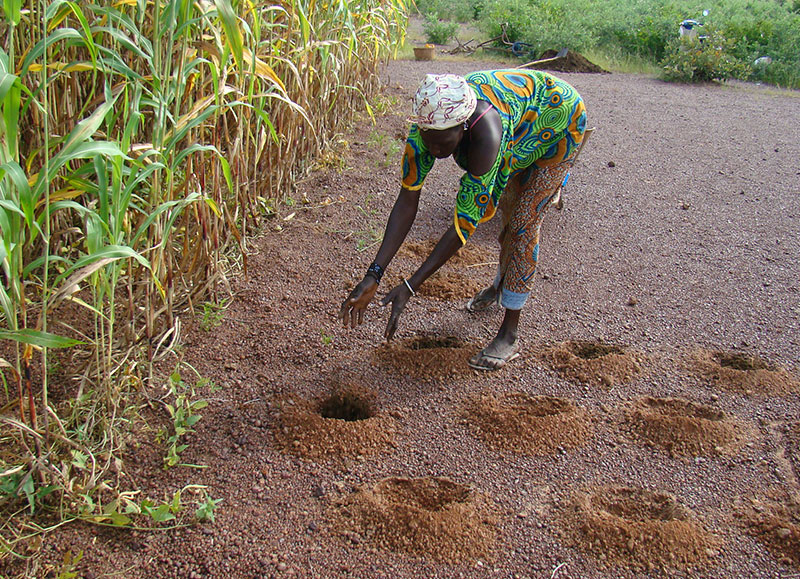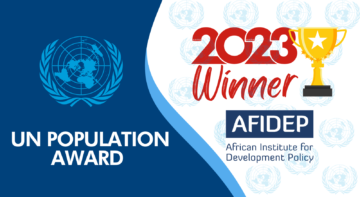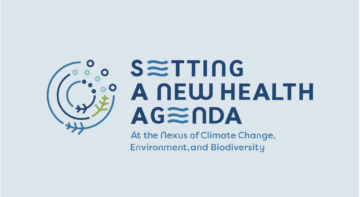News

The OASIS Initiative, a Project of the University of Carlifornia, Berkley and AFIDEP
The Initiative released a report, Crisis in the Sahel, Possible Solutions and the Consequences of Inaction, April 2013 with a goal of starting to build a network of scientists and policy-makers committed to helping the Sahel address its population, environment, and food security challenges. A compelling body of evidence is needed to inform people in governments and relevant local institutions, humanitarian organizations, foreign aid agencies, philanthropic institutions, and national security agencies concerning the startling challenges facing this neglected and highly vulnerable region. The report derived from a Conference hosted by the University of California, Berkeley and AFIDEP held in Berkeley on September 21, 2012 generated a palpable level of awareness, excitement, and realism among the 120 participants as they began to explore ways to forestall the possibility of a huge humanitarian catastrophe in the Sahel. The report documents how, over the next 30 to 40 years in parts of sub-Saharan Africa, between 100 million and 200 million people are likely to be without sustainable food supplies.
An opinion piece by the OASIS Initiative with specific recommendations for fostering security in the Sahel, received the below feedback last month.
Col Thomas Dempsey, a security expert who spoke at the OASIS conference last fall writes on intra-communal violence:
“”¦The greatest obstacle to family planning and improved agricultural production in the Sahel is intra-communal violence. Until the high and escalating levels of communal violence in the Sahel are addressed, windows for other solutions in terms of family planning and innovative agricultural practices will remain closed. This proposed strategy creates locally rooted security and justice solutions, outside the state system (which has failed catastrophically), as a means of enabling family planning and agricultural innovation solutions at the local level. It begins with an effort focused on refugee populations in established camps, but quickly expands beyond that initial foothold to the communities that the refugees are returning to.
The violence that is impeding effective solutions in the Sahel is distinct from the current and highly publicized conflict between violent radical Islamists and the French-led intervention force. It is rooted locally in long-standing ethnic and social divisions (e.g., herder versus farmer versus “townie,” “white arab” cattle herders versus “African” sheep and goat herders), in combination with a rapidly dwindling land carrying capacity and limited water resources. Currently all factions in Sahelian communities are embracing violence as the preferred means of resolving resource-based disputes. This process is, unfortunately, being encouraged by external actors who see backing particular local factions in this struggle as a viable “counterinsurgency” strategy.
Creating local dispute resolution mechanisms combined with empowering local political leadership and non-state security actors can open a window for family planning and agricultural innovation. Local actors are unable to pursue such initiatives on their own currently because of the deep and now violent divisions within local communities. They require external peacebuilding interlocutors who can facilitate negotiations among local factions to create local solutions for justice and security”¦ A local approach focused on alternative dispute resolution, restorative justice, and local security actors can only be pursued by the NGO community and civil society groups, both local and international, working directly with ALL parties at the local level. Access for such an effort will be available through the ongoing and rapidly growing humanitarian relief efforts in the Sahel”¦”
Adolphe Yemtim, a researcher on reproductive health among disabled women in Burkina Faso writes from a personal perspective on fighting terrorism:
“”¦The matter of terrorism is so worrying nowadays in the Sahel. I am following the news carefully and when the conference for donations to Mali was held, I was wondering if some good decisions would be made. They can use this money for organizing elections, repairing damage and so on”¦BUT it won’t fight terrorism effectively. In my opinion, it is important to take the sources of terrorism into consideration: rapid population growth, poverty, famine, and lack of understanding of religion.
For achieving this result (fighting terrorism) it will be important to include opinion leaders at the community level. If they are a part of the initiative, they will not consider it as an external way of thinking (an imposition). For fighting terrorism, we are obliged to follow the steps that drug traffickers take for recruiting people, in order to know the process. After that we can try to do the contrary”¦”
Two members whose important work improves our understanding of the complex challenges faced in the region, and recommendations for facing them also shared their input.
Sophie Romana at Oxfam America shared evaluation results of the Savings for Change program in Mali. As Marie Tremolieres of OECD’s Sahel and West Africa Club wrote to share the recent report on West African Futures: settlement, market and food security.
Related Posts





